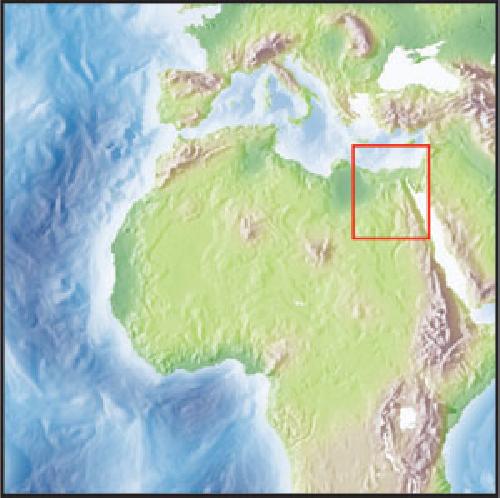
What, no camels?
Going in search of sand dunes and Bedouins in Bahariyya
There was more concrete than I’d expected. And more telegraph poles. I also hadn’t banked on so many cars or men with large guns. And where were the camels? As I stood outside a washing-machine repair shop, coughing on exhaust in the wilds of Egypt’s Western Desert, Mo’s mobile erupted to the tune of ‘I’m a Barbie girl’. No, I decided, this wasn’t exactly my idea of an oasis.
The Western Desert has long been misunderstood. The ancient Egyptians considered everything on the sunset side of the Nile only good for burying people: the sand sea beyond their riverside environs was considered the domain of Osiris – god of the underworld; the Land of the Dead. Not an entirely unwarranted conclusion considering the difficulty of staying alive out there.
Then they found people alive out there. A prehistoric branch of the Nile supplied pockets of water to hardy souls who dared to find it, and these outposts became the pharaoh’s wine and wheat repositories – life from the netherworld.
Unlike the ancients, I was aware that the oases of Bahariyya, Farafra, Dakhla and Kharga – the four that make up the 1,000km circuit from Cairo to Luxor – were existent in this world rather than the next. But I was hoping they might be more like this world
in the movies.
These towns are still on the edge of Egyptian society; a land apart, mostly untouched by the tourism that besieges the Nile hotspots. It was only in the 1970s, thanks to the Nasser government’s New Valley project, that the oases even got roads. I was harbouring a dream that my four-day trip from the capital would drive me across expansive dunes pocked by glassy pools, palm trees and mysterious headscarved Bedouin humming to their camels. To arrive in the noisy centre of Bahariyya and find my Nokia had reception was a touch disappointing.
Mo, our guide, grinned. So there were no camels? He’d find something better.
“We will go to the mummies first,” he announced as we pulled up at a museum-cum-warehouse. In the two-minute wait to be admitted, one of the guards asked for my hand in marriage.
